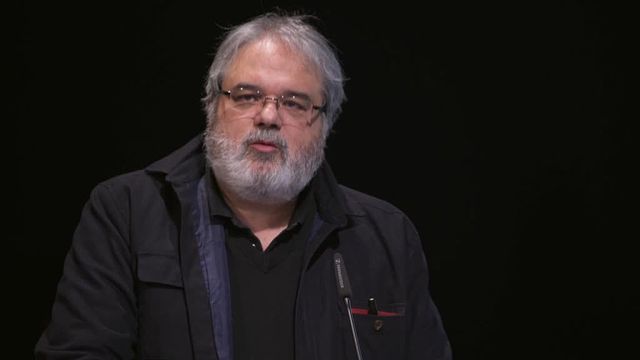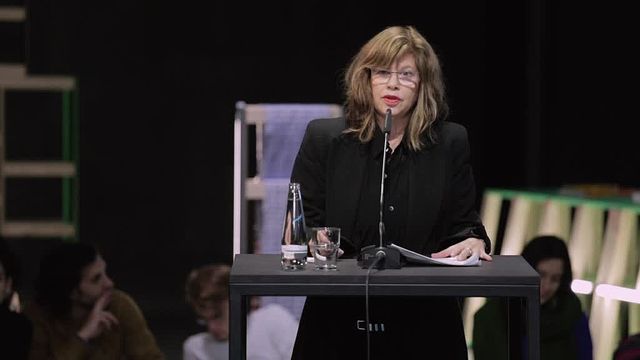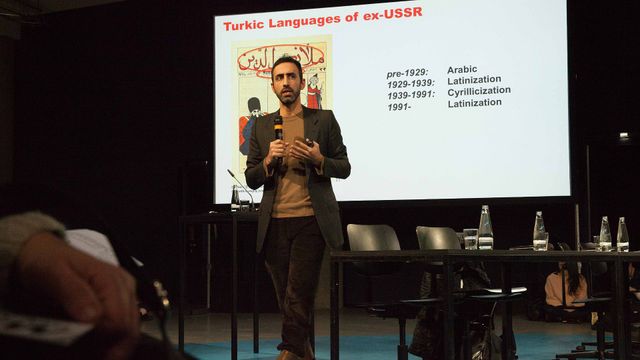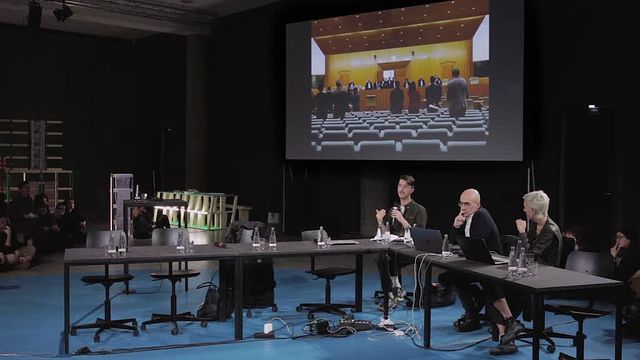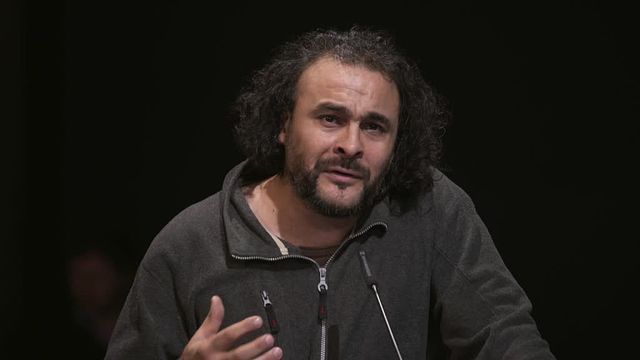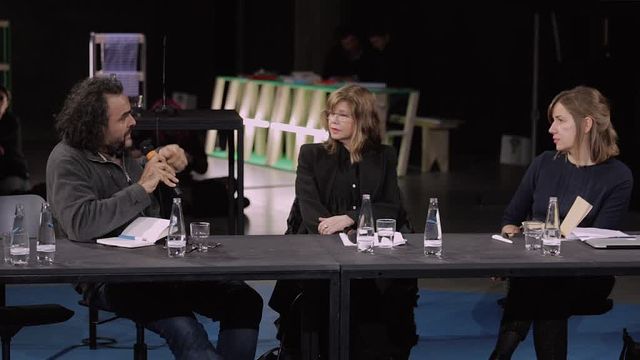Lecture, Lecture Performances
The Three Tongues You Speak in Your Sleep
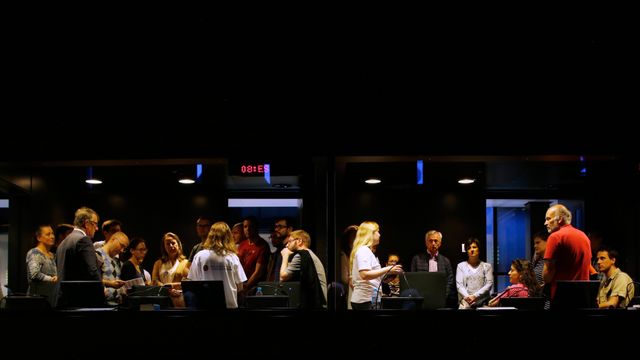
Which linguistic hegemonies dominate the world of the digital? Is linguistic diversity possible in a globally networked world? What happens to untranslatable thoughts and positions? How can they be activated to break up universalistic language systems? How did people in the past react to newly decreed alphabets or national languages? Most books worldwide are translated from English. English also dominates fields such as contemporary art and international law. At the European Court of Justice however, international law is negotiated in the twenty-four languages of the member states, with the help of more than 2,000 translators. How is this space of multilingualism shaped? From the perspectives of comparative literature, historical philology and contemporary art, four contributions investigate the political entanglements of translation and linguistic attempts at repair.
Moderated by Olga von Schubert (HKW)
Curated by Bernd Scherer and Olga von Schubert
Program
6 pm–6.15 pm
LISTEN [Miyagi Haikus]
Sandeep Bhagwati (composer)
Presentation
Sandeep Bhagwati introduces his composition and concert project LISTEN [Miyagi Haikus], which will conclude with a concert and lyrical readings later in the evening.
6.15 pm–6.45 pm
Theorizing in Untranslatables
Emily Apter (comparative literature theorist)
Lecture
Untranslatables are identifiable within the lexicographic turn in theory today (its engagement with graphology, digitality, data-management, and dictionary and encyclopedic knowledge-objects). As deterritorialized, plurilingual constructs, as political philologies traversing sovereign borders, Untranslatables are distinguished by their mistranslation, their retranslation, their non-translation, their non-negotiable singularities that are negotiated nonetheless. To theorize in Untranslatables implies foregrounding idiom and modes of expressionism in philosophy; it implies interrogating how thinking as process and praxis are translational.
6.45 pm–7.15 pm
Transliterative Tease
Slavs and Tatars (artists’ collective)
Lecture performance
Through the lens of phonetic, semantic, and theological slippage, Transliterative Tease explores the potential for transliteration—the conversion of scripts—as a strategy equally of resistance and of research into notions such as identity politics, colonialism, and faith. The lecture performance focuses on the Turkic languages of the former Soviet Union, as well as the western and eastern frontiers of the Turkic language sphere, respectively Anatolia and Xinjiang, home to China’s Uighur population. This lecture performance attempts not to emancipate peoples or nations but rather the sounds rolling off our tongues.
7.15 pm-8 pm
Multilingualism at the European Court of Justice
Giulia Bruno (artist) and Armin Linke (artist), Vincenzo Latronico (translator and novelist)
Lecture performance, film screening
The two tallest skyscrapers in the country of Luxemburg are formally the seat of the European Court of Justice. However, they house neither the judges nor their cabinets, but the offices of the translation department. With over two thousand employees, who must cover every possible combination of the Union’s twenty-four official languages, it is the largest institution of this kind in the world. Multilingualism is defined as a core value in the European Union Charter. On the basis of film material from the negotiation rooms and interpreter booths of the European Court of Justice, the artists Giulia Bruno and Armin Linke, together with the Italian novelist and translator Vincenzo Latronico, show the invisible work of the translators and interpreters who regulate the rights, freedoms, and restrictions for citizens and companies, and ultimately make the common market and the political union possible.
8 pm-8.15
The Medium is the Message
Kader Attia (artist)
Presentation
Kader Attia presents his idea of different virtualities in the film project The Medium is the Message and gives insights into the program Countering the Virtual Dispossession which he curated for the following evening.
8.15 pm–8.45 pm
Discussion
Emily Apter, Kader Attia, Sandeep Bhagwati, Giulia Bruno, Vincenzo Latronico, Armin Linke, and Slavs and Tatars, moderated by Olga von Schubert
